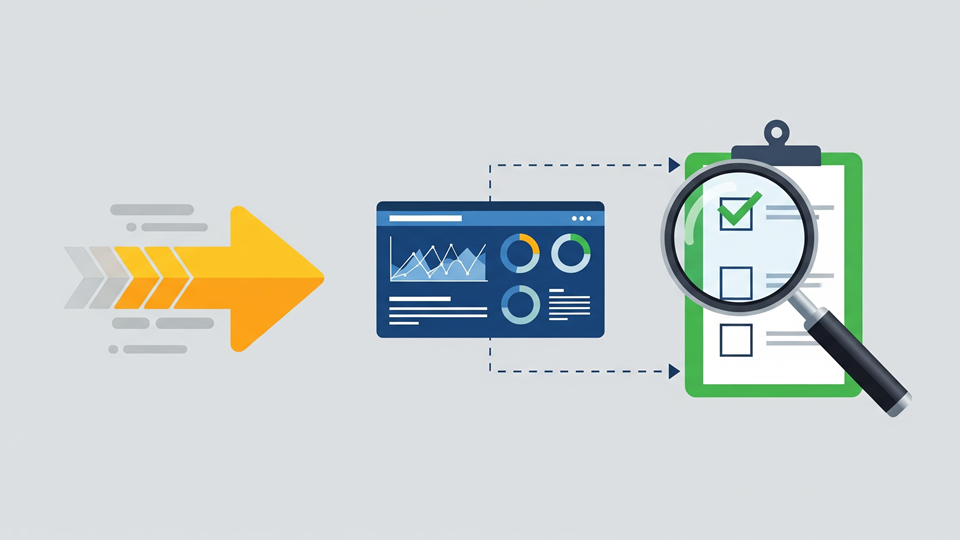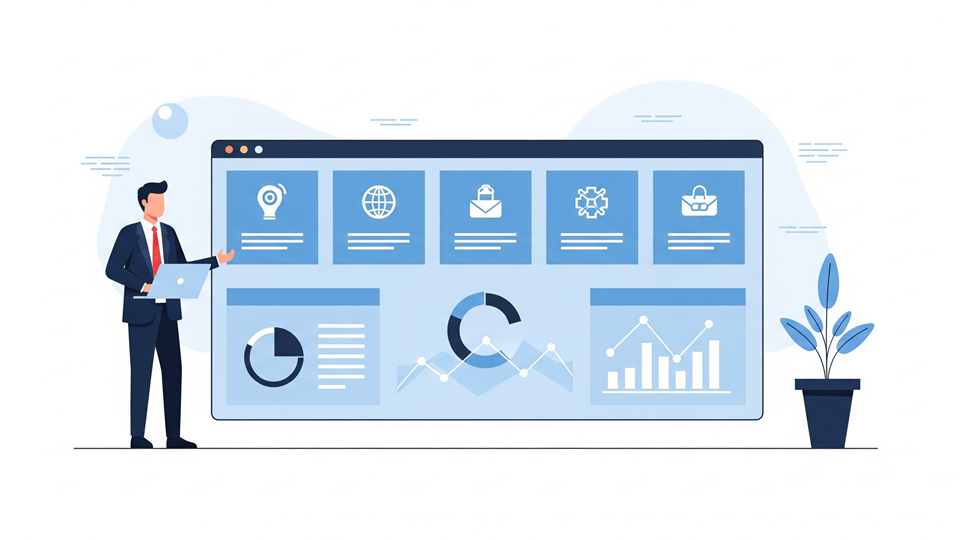Introduction
Data-driven hiring is transforming recruitment by combining speed with quality. Startups and growing businesses that leverage analytics can streamline processes, reduce hiring mistakes, and attract top talent efficiently. This post explores how implementing data-driven strategies improves both the speed of hiring and the caliber of candidates.
Accelerating the Hiring Process
1. Automated Candidate Screening
Using applicant tracking systems (ATS) with automated screening tools allows recruiters to quickly filter candidates based on qualifications, experience, and skills. This reduces manual review time and accelerates the selection process.
2. Predictive Analytics
Predictive hiring models analyze past recruitment data to forecast candidate success. By focusing on high-potential candidates, companies save time on interviews and minimize mis-hires.
3. Streamlined Interview Scheduling
Data-driven scheduling tools optimize calendar coordination between candidates and interviewers. This reduces delays and ensures a faster hiring timeline without compromising candidate experience.
Enhancing Candidate Quality
1. Objective Evaluation Metrics
Structured scoring systems and standardized assessments help remove bias and evaluate candidates consistently. Metrics like cognitive tests, skill-based assessments, and culture fit surveys ensure quality hires.
2. Source Effectiveness Analysis
Analyzing which recruitment channels produce the best-performing employees enables targeted sourcing. For example, referrals might yield candidates with higher retention rates compared to job boards.
3. Continuous Feedback Loops
Data-driven feedback from hiring managers and new hires allows teams to refine recruitment criteria and interview questions, improving overall candidate quality over time.
Real-World Benefits
Companies implementing data-driven hiring report faster time-to-fill roles and higher employee retention. According to a 2023 Deloitte survey, organizations using recruitment analytics achieve a 25% faster hiring cycle and 15% higher quality-of-hire metrics. Startups benefit from cost savings, improved productivity, and a stronger employer brand.
Implementing Data-Driven Hiring
1. Invest in an ATS that tracks and reports key metrics.
2. Establish standardized evaluation criteria across roles.
3. Train hiring teams to leverage analytics insights in every step.
4. Regularly review and adjust recruitment strategies based on data trends.
Conclusion
By integrating analytics into hiring processes, businesses can achieve faster hiring timelines without sacrificing quality. Data-driven recruitment ensures objective evaluations, improves candidate fit, and enhances organizational performance. Startups adopting these strategies gain a competitive edge by attracting top talent efficiently and building a sustainable, high-performing workforce.





